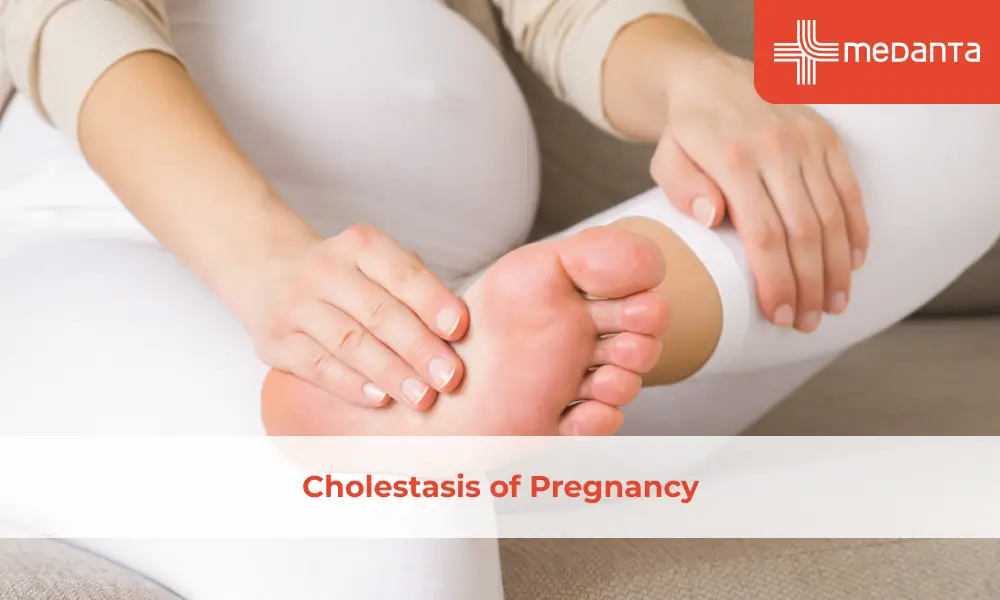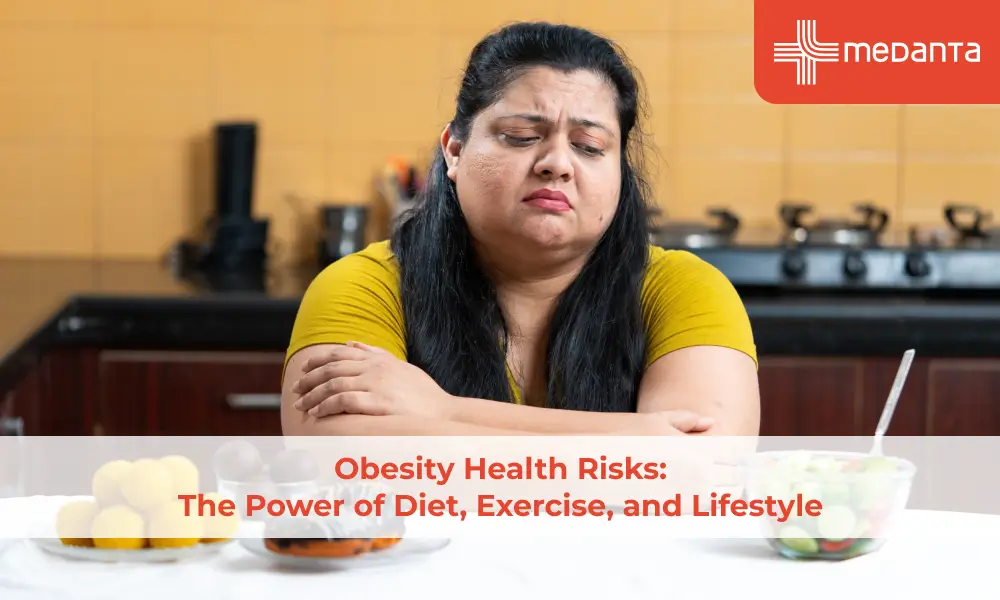Tips for a Healthy Pregnancy: From Conception to Labour

Pregnancy can be a wonderful experience, but it also comes with a lot of stress and uncertainty. Keeping healthy during pregnancy can be a challenge for many, and new parents always have so many questions. It might be difficult to decide who to listen to when the world is full of contradictory opinions so let us give you a few healthy pregnancy tips to lessen your worry!
Always Schedule Regular Prenatal Checkups
As soon as you find out you are pregnant make an appointment with a physician, and throughout your pregnancy, never skip a checkup since your doctors know what’s best for you! One of the most important tips for a healthy pregnancy is to never disregard your physician's advice and always make sure to take all the tests your doctor suggests. These tests are highly necessary to identify anhealth issues early! Remember, to maintain the health of both you and your child during pregnancy, you should not smoke, consume alcohol, or take recreational drugs.
Keep a Balanced Diet to Maintain a Healthy Pregnancy
The importance of maintaining a balanced and healthy diet during pregnancy cannot be overstated! Check out this list of healthy pregnancy food that you should include in your meals.
Proteins
Nuts, Legumes, lentils, lean meats, and eggs, dairy are good sources of high-quality protein. Protein are important building block for our body, so it should be included in our diet.
Dairy products
You will require additional protein and calcium throughout pregnancy, and dairy items such as cheese and milk are excellent options. Casein and whey are two forms of high-quality protein found in dairy products, and the greatest dietary source of calcium is also dairy. It also supplies zinc, magnesium, and B vitamins, all required during pregnancy at a higher level.
Eggs
Nearly every vitamin you require can be found in eggs, making them a top food item for pregnant women. About 70 calories, 3.5 g of protein, fat, and other vitamins and minerals are present in a large egg, and choline, an essential vitamin during pregnancy, is also abundant in eggs.
Whole grains
Gaining weight is actually one of the healthy signs of pregnancy, and including the right amount of carbs in your meals can help you with that. However, whole grains are rich in fibre, vitamins, and plant components, so it is best that you replace other carbs with whole grains. A good quantity of protein is also present in several whole grains, such as oats, along with fibre, magnesium, and B vitamins.
Legumes
During pregnancy, your body needs extra fibre, protein, iron, folate, and calcium, all of which are abundant in legumes such as peanuts, soybeans, beans, lentils, and peas. In addition to having a high fibre content, certain legumes are also high in potassium, magnesium, and iron, so think about including legumes in your diet through tasty dishes.
Sea food
Omega-3 fatty acids, which are abundant in seafood, offer several health advantages to pregnant women. Seafood contains omega-3, which can aid in the development of your baby's brain and eyes.
Leafy greens
Leafy greens like spinach include a lot of nutrients, including fibre, calcium, iron, folate, potassium, vitamin C, vitamin K, and vitamin A. Additionally, eating vegetables has been associated with a lower risk of low birth weight, and they could also help you avoid constipation.
Eat the Proper Amount of Calories
Gaining weight during pregnancy is normal, but your pre-pregnancy weight is one of several factors that determine how much weight gain is good and how many more calories you'll require. The majority of women who weigh a healthy amount before becoming pregnant require the following number of calories:
First trimester (first 12 weeks) - No additional calories than you usually require
Second trimester (13–26 weeks) - Around 340 additional calories per day
Third trimester (after 26 weeks) - About 450 additional calories per day
Take Prenatal Supplements
Prenatal vitamins, often known as prenatal supplements, are essential for all pregnant women, however, always keep in mind to consult your doctor before you start taking any supplement.
Iron - Many pregnant women don't get enough iron, which is important for the development of your unborn child. Folic acid - Certain brain and spinal birth abnormalities can be avoided with folic acid intake.
Iodine - The brain development of the child needs iodine so make sure the salt you use at home has iodine. You can also ask your doctor whether you require an iodine supplement, as some prenatal vitamins may not include it.
Exercise Tips to Stay Active During Pregnancy
Whenever people ask how to have a healthy pregnancy, one of the top answers is to stay active and exercise, however, not all exercise is good for the pregnancy months. Check out how to exercise while pregnant to keep you and your baby healthy!
Don’t exercise too much
You should not exercise as much as you usually would during pregnancy, and take advice from your doctor about your exercise types and duration because that varies from person to person. A common rule is pregnant women should generally be able to carry on a conversation while exercising, and you are most likely exercising too hard if you start to become out of breath while speaking.
Begin with mild exercises
Don't start doing intense exercise if you weren't active before becoming pregnant, and when beginning an aerobic activity program always inform the instructor that you are pregnant. One thing to keep in mind is that exercise doesn't have to be physically demanding to be effective.
Stay active every day
Half an hour of walking can be plenty of exercise, but if you are unable to do so, remember that even ten minutes is better than nothing! Steer clear of intense activity in hot weather and drink lots of water and other liquids during any exercise.
Try swimming
You might want to try swimming because the water will support your increasing weight, however, make sure your instructor is trained and aware of your pregnancy to provide help in case you need it.
What to Avoid during Exercising?
Exercises like gymnastics and cycling that have a risk of falls should only be done very carefully because there is a chance that falls might harm you and your child.
Avoid lying flat on your back for extended amounts of time, especially after sixteen weeks of pregnancy, as the weight of your bump puts pressure on the main blood artery that returns blood to your heart.
Avoid participating in certain sports like tennis or squash where you might get struck.
Don’t go scuba diving because the baby is not protected against gas embolism (gas bubbles in the circulation) or decompression sickness.
Final Remarks
Maintaining a healthy pregnancy is not hard when you know how to do it! The three golden rules are to always listen to your doctor's advice, eat healthy, and stay active. Remember, don’t focus only on your baby’s growth because ultimately keeping yourself healthy is the first step to keeping your baby healthy!
To receive the best pregnancy care, contact Medanta and book an appointment with a top obstetrician!






